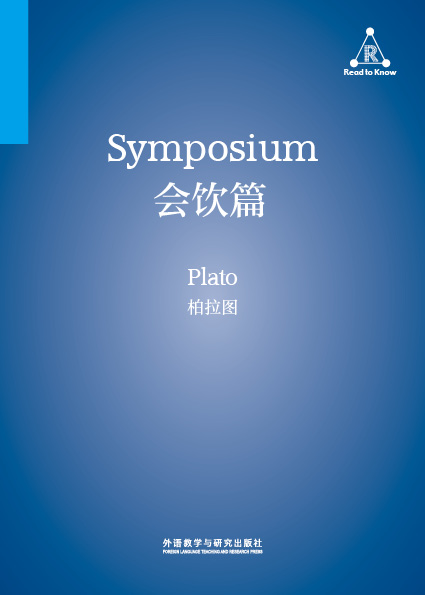本书的是古希腊一群男子在一场酒宴之中的谈话,他们讨论的主题是爱的本质。在这部作品中,柏拉图通过层层转述,极为隐晦地替苏格拉底(哲学的代表)反驳了阿里斯托芬(诗的代表)在《云》中对哲学的“抹黑”。
In the course of a lively drinking party, a group of Athenian intellectuals exchange views on eros, or desire. From their conversation emerges a series of subtle reflections on gender roles, sex in society and the sublimation of basic human instincts. The discussion culminates in a radical challenge to conventional views by Plato's mentor, Socrates, who advocates transcendence through spiritual love. The Symposium is a deft interweaving of different viewpoints and ideas about the nature of love—as a response to beauty, a cosmic force, a motive for social action and as a means of ethical education.
《会饮篇》是古希腊哲学家柏拉图所著的一篇对话式的作品,是以对话或者演讲的形式写成的,其背景是古希腊的一群男子在一场酒宴之中的谈话,所讨论的主题是爱的本质。本书表达了柏拉图的内心信念,即不可见的事物是永久的。
The Symposium concerns itself at one level with the genesis, purpose and nature of love, and (in latter-day interpretations) is the origin of the concept of Platonic love.Love is examined in a sequence of speeches by men attending a symposium, or drinking party. Each man must deliver an encomium, a speech in praise of Love (Eros). The party takes place at the house of the tragedian Agathon in Athens. Socrates in his speech asserts that the highest purpose of love is to become a philosopher or, literally, a lover of wisdom. The dialogue has been used as a source by social historians seeking to throw light on life in ancient Athens, in particular upon sexual behavior, and the symposium as an institution.
-
会饮篇
-
Symposium















 京公网安备 11010802032529号
京公网安备 11010802032529号
笔记加载中...